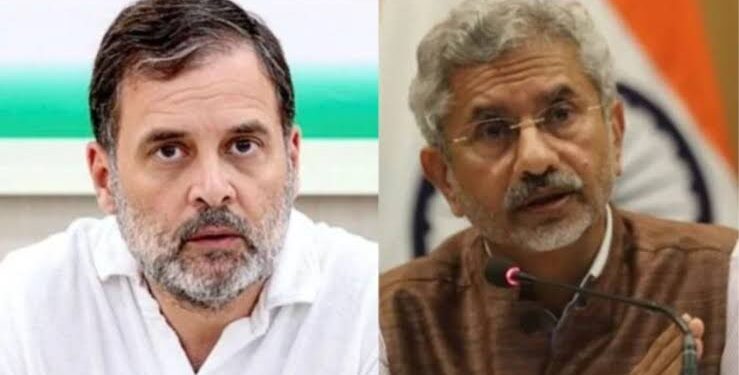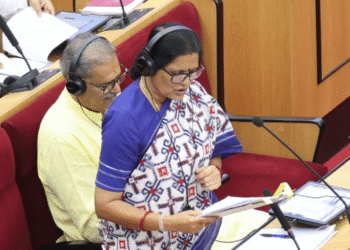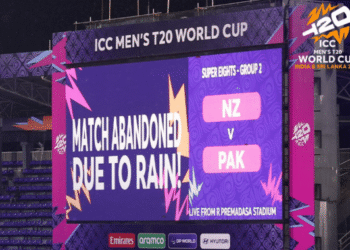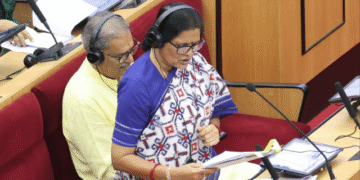Congress leader Rahul Gandhi has once again intensified his criticism of External Affairs Minister S. Jaishankar, accusing him of compromising national security by allegedly informing Pakistan about India’s military action during Operation Sindoor.
In a sharp post on X (formerly Twitter), the Leader of the Opposition in Lok Sabha stated, “EAM Jaishankar’s silence isn’t just telling — it’s damning,” and reiterated his demand for clarity on how many Indian Air Force aircraft were lost due to the purported disclosure.
“EAM Jaishankar’s silence isn’t just telling — it’s damning. So I’ll ask again: How many Indian aircraft did we lose because Pakistan knew?” Gandhi posted on X while resharing an earlier post of himself.
Raising the same concerns voiced days earlier, Gandhi doubled down on his allegations, calling it “a crime” to have notified Pakistan at the start of the May 7 operation targeting terror infrastructure in Pakistan and Pakistan-occupied Kashmir. He questioned who authorised the move and insisted the country “deserves the truth.”
The controversy stems from a statement by Jaishankar, which Gandhi claims is an admission of advance notice to Pakistan. The external affairs minister had earlier remarked that India had sent a message to Pakistan at the start of the operation, clarifying that strikes were only aimed at terrorist infrastructure, not the Pakistani military — giving their forces the choice to not interfere.
However, the Ministry of External Affairs and the Press Information Bureau (PIB) have pushed back, calling Gandhi’s interpretation a misrepresentation. The MEA clarified that the communication with Pakistan occurred after India had already struck nine terror camps. The message, reportedly conveyed through military channels, was not a pre-strike warning but a post-strike clarification intended to avoid escalation with Pakistan’s military.
Despite the MEA’s rebuttal and fact-check clarifications, Rahul Gandhi remains vocal, demanding accountability and answers from the government, particularly over what he calls “a lapse that amounted to a crime.”





























